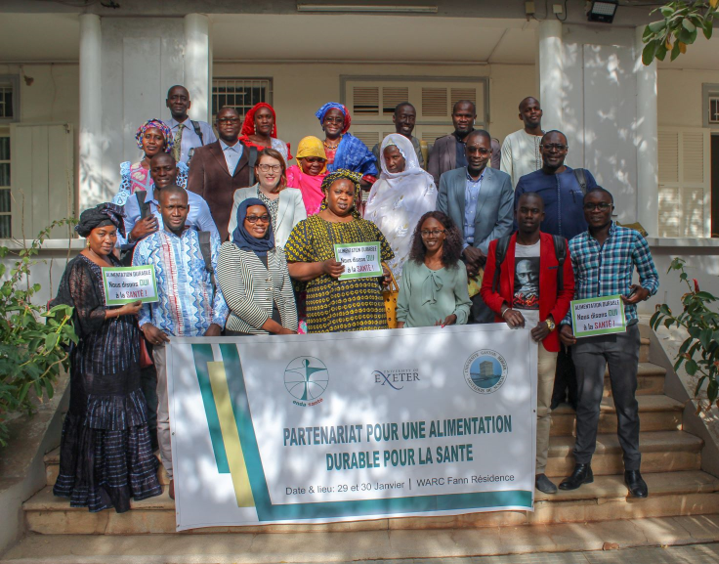Decolonizing Planetary Diets in Dakar and Dhaka: Pathways to the Co-Construction of Healthy and Sustainable Diets

Funders: GCRF QR Funding
The principles of a healthy, sustainable diet appear to be well established. As recent major studies have made clear, planetary as well as human health and wellbeing depend on changes to food production and consumption practices. But there remains a need to identify and engage the cultural, social and material assets and actors necessary to realise these dietetic principles in appropriate, palatable ways. Such work is particularly pressing in lower and middle income countries (LMICs), where food provisioning is precarious, the double burden of malnutrition is most pronounced, and positive dietary change can be prohibitively expensive. In addition, enduring legacies of colonial rule alongside ongoing world-systemic inequalities mean dietary directives that originate in the Global North are often viewed with suspicion if not outright hostility in the Global South. Beyond the abstractions of recommended food types and relative intakes, therefore, how might planetary diets be realised in practice in LMICs? And how might such practical work disrupt the imperialist North-South power relations that planetary diets are seen to encode?
To address these questions this research partnership, comprised of academics and practitioners in Bangladesh, Senegal and the UK, has identified three key aims:
- To assess how culinary practices and values in two contrasting LMIC city regions in Bangladesh (Dhaka) and Senegal (Dakar) are informed by social and historical cultures as well as material processes and pressures of food and famine.
- To demonstrate how contextually rich, interdisciplinary and engaged work with vernacular recipe forms can generate new opportunities to develop participatory approaches to healthy, sustainable, decolonized diets.
- To build pathways towards the co-construction of dietary decolonization in Dakar and Dhaka, in ways that open opportunities to develop and extend decolonized planetary diets in other parts of the world.

